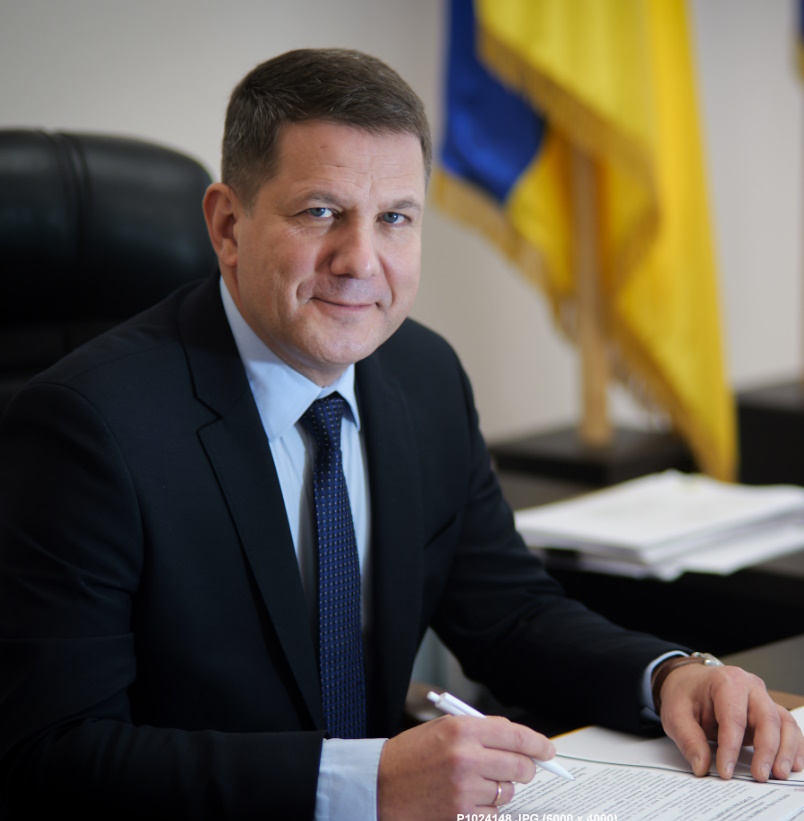The Laboratory of Reconfigurable and Mobile Systems of the Department of Electronic Computers was established in 2017 to train highly qualified specialists in the specialty 123 “Computer Engineering”, as well as highly qualified personnel, attracting the target audience of applicants, research, development and popularization. technical creativity of youth, carrying out specialized laboratory works.
The main tasks
- development of new courses of academic disciplines on the technological basis of the laboratory and conducting laboratory and practical classes of the bachelor’s and master’s cycle of preparation of full-time and part-time forms of education;
- conducting fundamental and applied research;
- international scientific and technical cooperation through participation in joint scientific programs and projects.
Educational process
On the basis of the educational and scientific laboratory, classes are held for full-time and part-time students. In particular, in such disciplines:
- fundamentals of computer calculations (laboratory and practical classes);
- Embedded System programming (laboratory classes);
- Embedded System (laboratory classes);
- database management systems (laboratory classes);
- computer architecture (laboratory classes);
- software for overlay computer networks (laboratory and practical classes);
- computing systems and networks (lectures);
- computer logic (laboratory classes).
The laboratory hosts meetings of the Examination Commissions for the defense of qualification works on the educational-professional and educational-scientific program “System Programming” for the preparation of masters.
Scientific activity
Scientific directions of the laboratory
- models and methods of increasing the survivability of distributed computer systems with reconfigurable structure and programmable logic in conditions of external influence; algorithms for spatial intelligence to control a swarm of intelligent mobile objects (V. Tokariev);
- cyber security of universal computer systems (I. Ruban);
- methods and means of digital image processing in mobile systems (I. Ruban);
- computer networks with increased survivability (V. Tkachov).
Main scientific results
In 2017, within the framework of the research laboratory carried out by scientists “Creation of scientific and methodological foundations for ensuring the survivability of network information exchange systems under conditions of external influence of powerful microwave radiation” (No. SR 0117U003916), the problem of mathematical modeling was formulated on the basis of a self-consistent system of equations modeling the process of influence powerful electromagnetic field on semiconductor elements, taking into account their topology. An experimental setup has been developed for testing the effect of an electromagnetic field on a semiconductor element of information and switching systems. Methods for compressing microwave electromagnetic field pulses to obtain ultrashort pulses with high peak power have been determined.
In 2018, within the framework of the research laboratory carried out by scientists “Creation of scientific and methodological foundations for ensuring the survivability of network information exchange systems under the external influence of powerful microwave radiation” (No. SR 0118U000832). Developed functional circuits and hardware for monitoring the impact of electromagnetic energy. New methods of technical protection of semiconductor element base of information systems from the effects of electromagnetic energy are proposed. For a number of stationary and mobile technical objects, algorithms have been created to protect the reception, transmission and processing of information. A general concept of increasing the survivability of stationary and mobile information systems through effective algorithms for their protection has been developed.
Since 2017, the scientists of the laboratory have received two declarative patents for a utility model, published more than 50 scientific publications, including 20, which are indexed in the scientometric databases Scopus and WoS.
Scientific laboratories are members of the IEEE and ACM communities.
Student science
The scientific activity of students on the basis of the laboratory is carried out in accordance with the activities of the scientific circles “Intelligent mobile systems” and “Programming Embedded systems”. Supervisor: Assoc. Prof. Volodymyr Tokariev.

